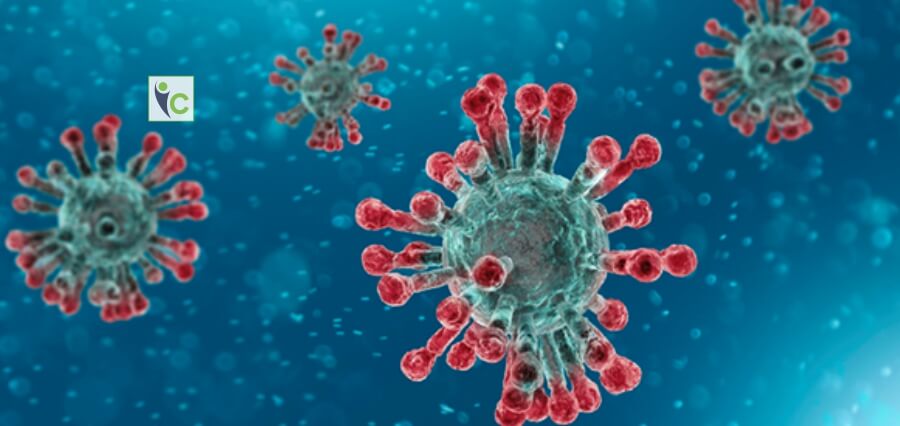Scientists have found a new vulnerability of the current coronavirus spike protein that enables the virus to penetrate host cells, which may lead to a possible mechanism for Covid-19 treatment.
Researchers, including from Northwestern University in the USA, have found that the spike protein that includes the binding site of the virus, which adheres and may infect the body and host cells.
In a research conducted in the journal ACS Nano, simulations of this protein were used at ultrasmall sizes, in the order of nanometres, and a positively charged region was discovered located 10 nanometres from the real binding site of the spike protein.
The researchers said that this positively charged site makes for a close bond between the novel SARS-CoV2 coronavirus spike protein and the negatively charged human cell receptors. With this discovery, the scientists then engineered a negatively charged molecule to bind to a positively charged cleavage site. They said that blocking this site prevents the virus from connecting to the host cell.
Made of protein building blocks, amino acid molecules, polybasic cleavage sites in the novel coronavirus have remained elusive since the outbreak of Covid-19, the researchers said.
Earlier studies have shown that these sites are important for virus virulence and transmission.
In the current study, Olvera de la Cruz, a co-author of the study from Northwestern University and her colleagues have discovered that the polybasic cleavage site is positioned 10 nanometers away from human cell receptors — a discovery that offered a surprising insight.
Scientists expect to collaborate with chemists and pharmacologists to produce a new drug that could bind to the spike protein.















